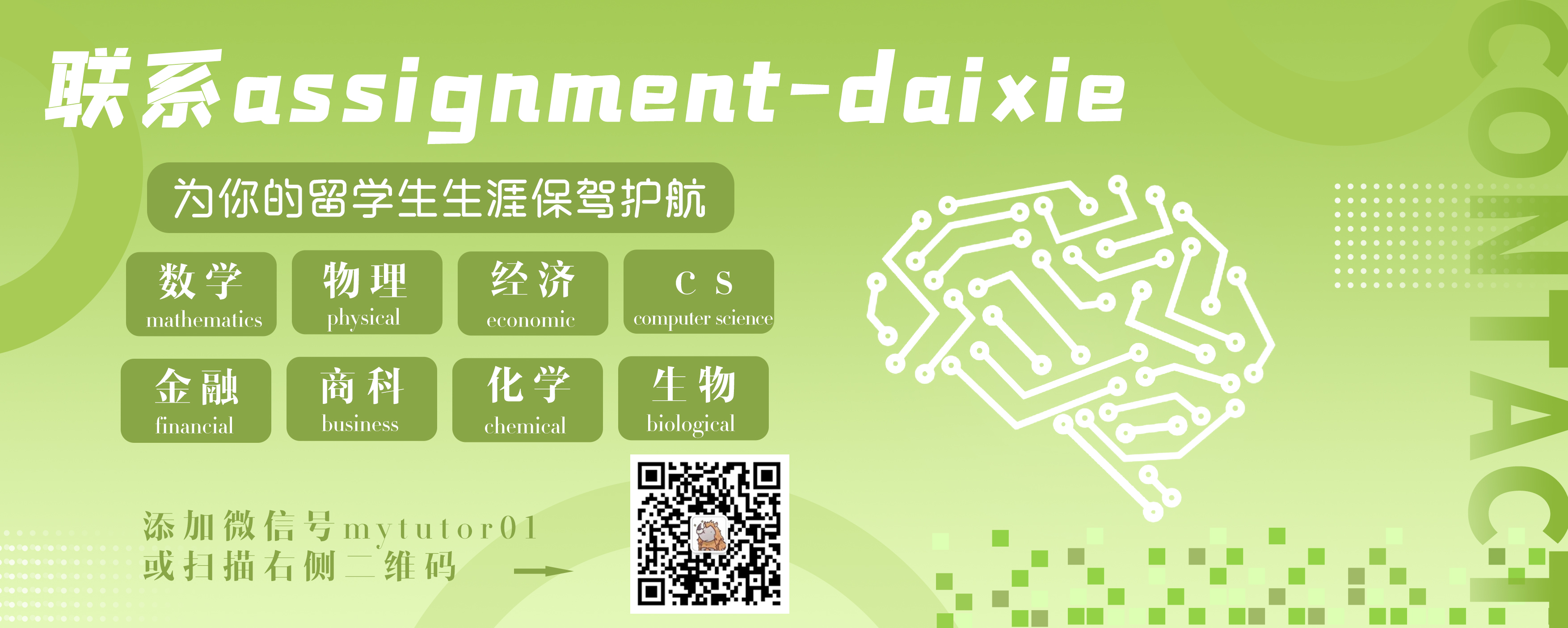will be able to state and prove the main theorems of Maschke and Schur and be conversant with their many applications in representation theory and character theory. Moreover, they will be able to apply these results to problems in group theory.
这是一份Bath巴斯大学MA40054作业代写的成功案

Let $n \geq 0, m \geq 1$. Let $\lambda \vdash n$.
(i) If $\lambda$ is an $m$-core, it is an $m^{\prime}$-core for any $m^{\prime} \geq 1$.
(ii) For any sequence $\gamma_{1}, \ldots, \gamma_{t}$ such that each $\gamma_{i}$ is an $m$-hook of $\lambda * \gamma_{1} *$ $\ldots * \gamma_{i-1}$ and $\lambda * \gamma_{1} * \ldots$ * $\gamma_{t}$ has no $m$-hook, the outcome $\lambda * \gamma_{1} * \ldots * \gamma_{t}$ is independent of the sequence $\gamma_{1}, \ldots, \gamma_{t}$. It is called the $m$-core of $\lambda$
(iii) (Iterated version of Murnaghan-Nakayama formula) With notation as above, let $x \in \mathcal{S}{n}$, write $x^{\prime} c{1} \ldots c_{t}$ with $x^{\prime} \in \mathcal{S}{n-t m}$ and $c{i}$ ‘s being disjoint cycles of order $m$ in $\mathcal{S}{[n-t m+1, \ldots, n]}$ Then $$ \chi^{2}\left(x^{\prime} c{1} \ldots c_{t}\right)=N_{\lambda, m} \chi^{\lambda^{\prime}}\left(x^{\prime}\right)
$$

MA40054 COURSE NOTES :
$F_{0}^{(\Sigma)}$ is therefore
$$
F_{0}^{(\Sigma)}(t)=\prod_{j \geq 1} \frac{\left(1-t^{2 j}\right)^{2}}{1-q t^{t^{j}}} .
$$
A similar argument in the full linear group, omitting the condition $\tilde{g}=g$, gives
$$
\Phi(t):=\prod_{d \geq 1} \mathcal{P}{d} 2 M{d}+N_{d}=\prod_{j \geq 1} \frac{\left(1-t^{j}\right)^{3}}{1-q t^{j}}
$$
hence
$$
F_{0}^{(\Sigma)}(t)=\Phi\left(t^{2}\right) \mathcal{P}{2}=\mathcal{P}{2} \prod_{d \geq 1} \mathcal{P}{2 d^{2 M{d}+N_{d}}} .
$$